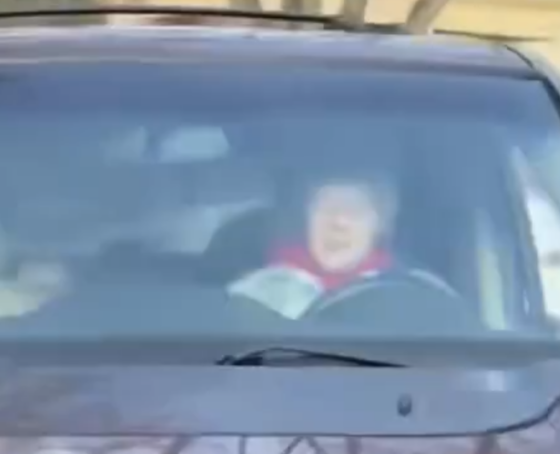
We speak with experts about how artificial intelligence combined with Police Body Camera footage improved professionalism in the Aurora Colorado Police Department. Guests include Anthony Tassone, CEO of Truleo and Ian Adams, Criminologist at the University of South Carolina and co-author of a new study about this tech in the journal Criminology
We also discuss with these experts the difference between professionalism in law enforcement, and the fatal shooting by ICE agents of Renee Good in Minneapolis.
Hosts: Jack Armstrong, Lorraine Healy
Show Producer/Engineer Shelley Schlender
Executive Producer: Beth Bennett
Podcast: Play in new window | Download (Duration: 26:58 — 37.1MB)
Subscribe: RSS



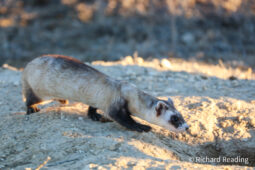
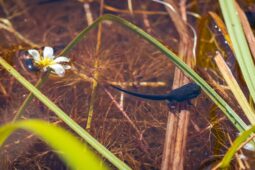
 In this week’s show Beth speaks with science writer, educator, and scientist
In this week’s show Beth speaks with science writer, educator, and scientist 
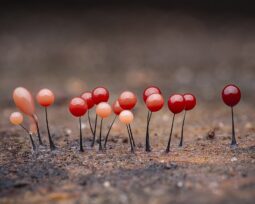 On today’s show, Beth speaks with award-winning science writer Jennifer Frazer about her
On today’s show, Beth speaks with award-winning science writer Jennifer Frazer about her 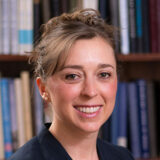
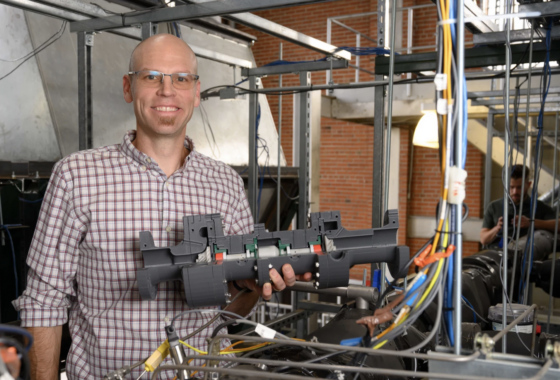
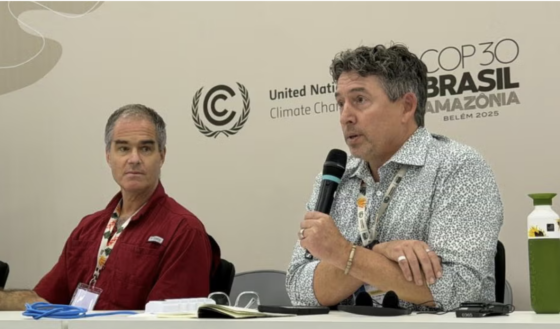
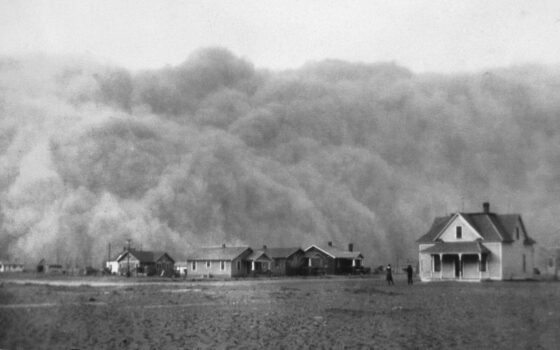
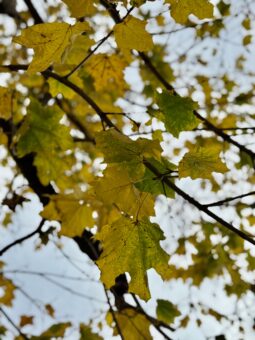 The physiology of deciduous trees (start time: 11:09) For many people living in places with four distinct seasons, such as here in Colorado, a favorite pastime at this midpoint in autumn is watching the faded leaves fall from their branches, and listening to the crackling sound while raking up the dried leaves. In this week’s How On Earth show, we explore questions like, Why do the leaves of aspen, ash and other deciduous trees “change” color in the fall? (Spoiler alert: They actually reveal their true colors.) Why do they shed their leaves every fall? And what happens to the naked trees in the winter? Host Susan Moran interviews Dr.
The physiology of deciduous trees (start time: 11:09) For many people living in places with four distinct seasons, such as here in Colorado, a favorite pastime at this midpoint in autumn is watching the faded leaves fall from their branches, and listening to the crackling sound while raking up the dried leaves. In this week’s How On Earth show, we explore questions like, Why do the leaves of aspen, ash and other deciduous trees “change” color in the fall? (Spoiler alert: They actually reveal their true colors.) Why do they shed their leaves every fall? And what happens to the naked trees in the winter? Host Susan Moran interviews Dr.